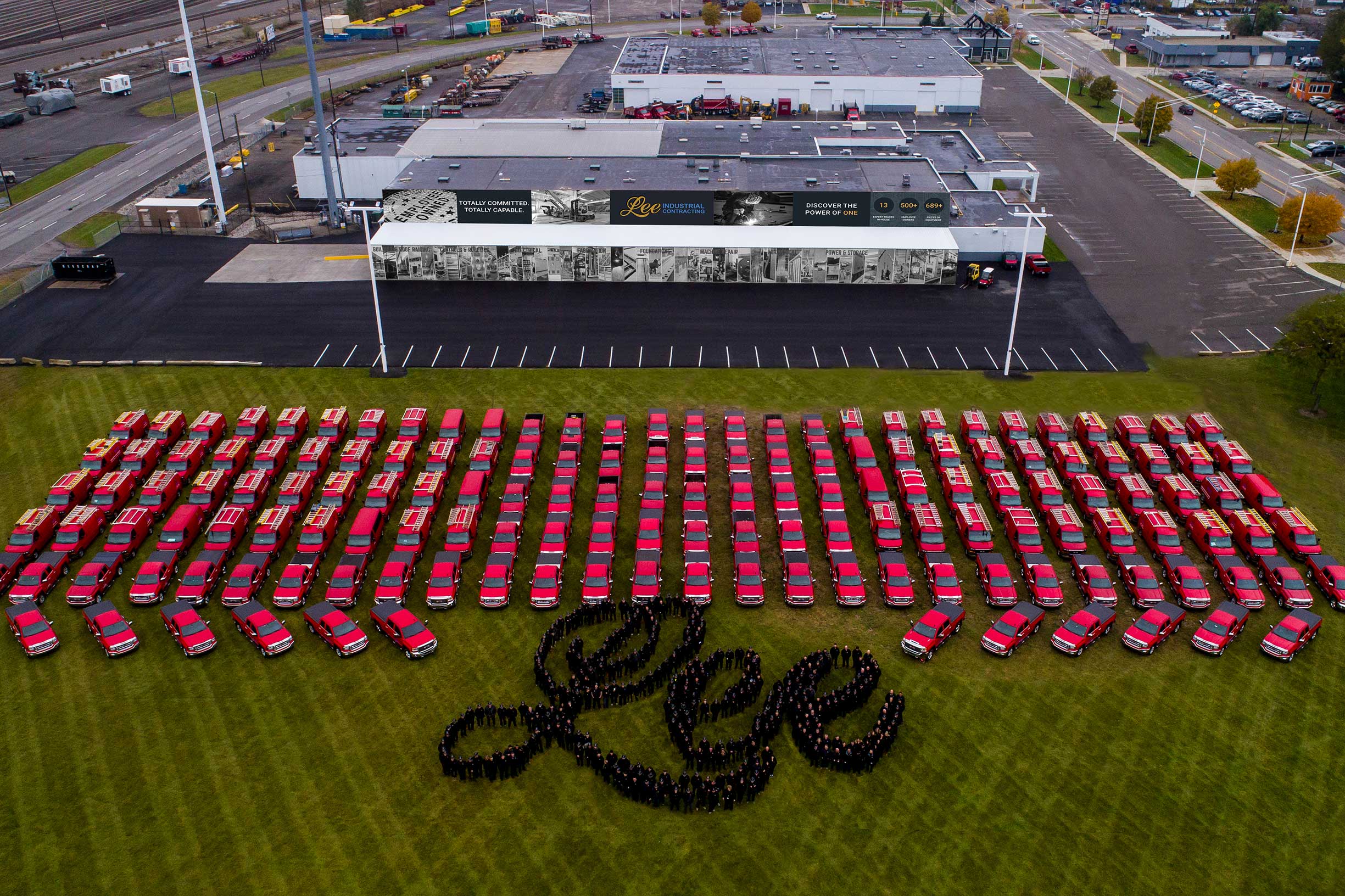
America is a nation of business owners. From one-person shops to major corporations, our history is a continuing story of people who put it all on the line to create success.
But the barriers to starting and maintaining a successful business that survives the long haul are formidable. From having the right idea to securing the financing and other resources needed to make it happen, starting and building a business is a hard road.
What if you could become a business owner simply by going to work for a particular company? Sound like a pipe dream? For thousands of American workers, that dream is a reality. A reality they are using to build real wealth for themselves and their families.
How do they do it? The answer is simple: they work for companies that are 100 percent owned by the employees themselves. Employee ownership (EO) through Employee Stock Ownership Plans (ESOP) provides workers with wealth-building capabilities and retirement savings by providing stock in the company at no cost to the employee.
Read More: Employee Ownership at Lee.
The surprising history of EOs
We owe it to Ben Franklin for the concept of an employee-owned business. In 1733, Franklin set up print shops across several cities in which he provided the money needed for getting started along with one-third of the expenses for the first six years. At the end of that period, employees could choose to use profits to purchase equipment or buy their shop. The idea spread and, by the 1800s, even Sears Roebuck was in the game, offering their employees the opportunity to own stock in the company.
Today, there are more than an estimated 6.600 employee-owned businesses across the country, according to the National Center for Employee Ownership (NCEO). Together, those companies provide jobs for more than 14 million workers. What makes ESOPs so attractive?
ESOPs contribute to financial security
In the recent past, many workers’ financial foundations have been hard hit, first by the recession of 2010 and then by the loss of work resulting from the worldwide COVID-19 pandemic. Despite these setbacks, EOs believe their financial situations have improved compared to non-EOs. They’re not wrong: statistics compiled by the U.S. Department of Labor’s Employee Benefits Security Administration (EBSA) showed an average 12.9 percent higher return to an employee’s overall retirement plan from ESOPs compared to 401(k) plans.
EOs have better job security
When the pandemic hit, many American workers found themselves out of work. But even during the pandemic, EO businesses did a much better job of keeping their workers employed.
A report by the Rutgers Institute for the Study of Employee Ownership and Profit Sharing found that EO companies retained non-managerial staff at a rate more than 3.6 times higher than non-EOs. Even when EOs had to cut back, median job losses were 0.4 percent, compared to 13 percent for non-EOs.
Read More: Explore a Career in the Trades.
ESOPs contribute to better financial health
Workers at EOs enjoy higher household wealth than non-EOs. EOs have 33 percent higher income and 92 percent higher median household wealth for sampled workers ages 28-34. This is true even among those earning low to medium wages, where employee-owners are still able to build more family wealth than those working at non EO companies.
ESOPs better prepare workers for retirement
ESOPs act as a form of retirement savings, and are often offered along with traditional plans such as 401(k)s. ESOP employee-owners outpace non-EOs in retirement preparation, with more than two times the average total retirement savings of non-ESOP workers. A report by pollster John Zogby in 2019 showed most ESOP employees felt they were financially prepared for a successful retirement.
EOs enjoy a more positive work environment
A business’s internal culture is often a factor in the company’s success or failure. EO helps create a positive culture across the entire company by aligning the interests of every employee-owner. Because their financial interests are affected by the company’s performance, employee-owners are more motivated to perform at the highest level possible.
EOs take pride in their company
Pride in the organization is another factor in a company’s success. Employee-ownership creates a common sense of pride in the company that is spread across the organization.
ESOPs mean everybody benefits
Young and lower-income employees are often unable to participate in retirement plans such as 401(k)s due to competing financial obligations. Because ESOPs must include all employees that meet minimum service requirements and do not require individual financial contributions, these employees can still build retirement savings they might have otherwise missed out on.
EO at Lee
Lee Contracting is 100 percent employee-owned, which means that every Lee employee has the opportunity to earn shares of company stock as long as they meet the eligibility requirements. Employee ownership builds pride, strengthens our culture and improves our business performance.
Shared ownership drives us to deliver the best possible outcome to every job we undertake, which keeps our customers coming back for more. And satisfied customers are an essential ingredient for a successful company. That’s important – because when our company succeeds, every member of our team succeeds.
Employee ownership at Lee offers more financial opportunities than you’ll find with most industrial contractors. Talk to us about joining the team that could change your future today.


